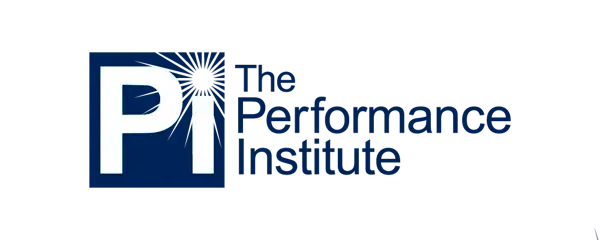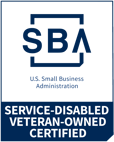The Performance Institute is pleased to present the first in a three part series providing insight on How to Manage Difficult Government Employees authored by Stewart Liff .
Managing Difficult Government Employees
Most people think that very few poor government employees are held accountable because the system makes it too difficult to deal with them. This belief is driven by the perception that it takes too much time and effort and in the end, nothing will happen anyway, so why should a supervisor waste his time when he has better things to do - like supervising the other employees under him, trying to meet his performance goals, etc.? The most recent Federal Employee Viewpoint Survey certainly supports this view as only 28% of the employees surveyed reported that in their unit steps are taken to deal with a poor performer.
The mindset in government tends to be this: since it’s too hard to get rid of a bad employee, let’s give up before we even start. If the employee becomes too large of a problem, we’ll move him or promote him and he will become someone else’s concern. Unfortunately, this happens all the time and as a result, many people have concluded that there is little if any accountability in government and excellence is not valued.
However, in my view, the real problem is not the system, although most government personnel systems can be rigid and difficult to navigate. It is government managers who have neither the will nor the skill to deal with problem employees, because that is what they have been taught by their predecessors and what they have learned through their own experience.
Why you must Deal with Difficult Employees
.jpg?width=5600&name=person-playing-chess-1040157%20(1).jpg)
When government managers do not hold poor employees accountable, almost everyone is unhappy. The public is unhappy because its civil servants have jobs seemingly for life – no matter what they do or don’t do. The legislative branch is unhappy because of the lack of accountability in the executive branch. The government managers are frustrated because of their inability to successfully deal with problem employees. And most of the government’s workforce is displeased because they don’t like working very hard while a non-performing co-worker receives the same salary, within-grade increase, bonus, etc. and may even get promoted.
In my experience, the vast majority of government employees want to be part of a winning organization and want standards of excellence to be enforced. They understand that poor employees bring an organization down, and as a result, they want management to deal with them.
Check out our blog 5 Warning Signs of Difficult Employees to learn more about how to identify difficult or poor performance employees in your organization.
Take Action.
Want to manage difficult employees in your organization? The Performance Institute offers more than 100 open enrollment courses annually and can bring any course on-site. Intensive, methodology-based courses include step-by-step processes to improve organizational management capacity. Join The Performance Institute. The Performance Institute is a nonpartisan, private think tank seeking to improve public and private sector performance through the principles of transparency, accountability, performance and engagement. We serve as the nation’s leading authority and repository on performance-based management practices for government. Learn more about our courses and how the can help your organization here.
About the Author
Stewart Liff is an HRM, visual performance management, and team development expert. He serves as a Fellow with The Performance Institute and is the President and CEO of Stewart Liff & Associates. He is the author or co-author of seven books, including Managing Government Employees and A Team of Leaders
View Stew Liff’s full webinar presentation, How to Manage Difficult Government Employees, here.












